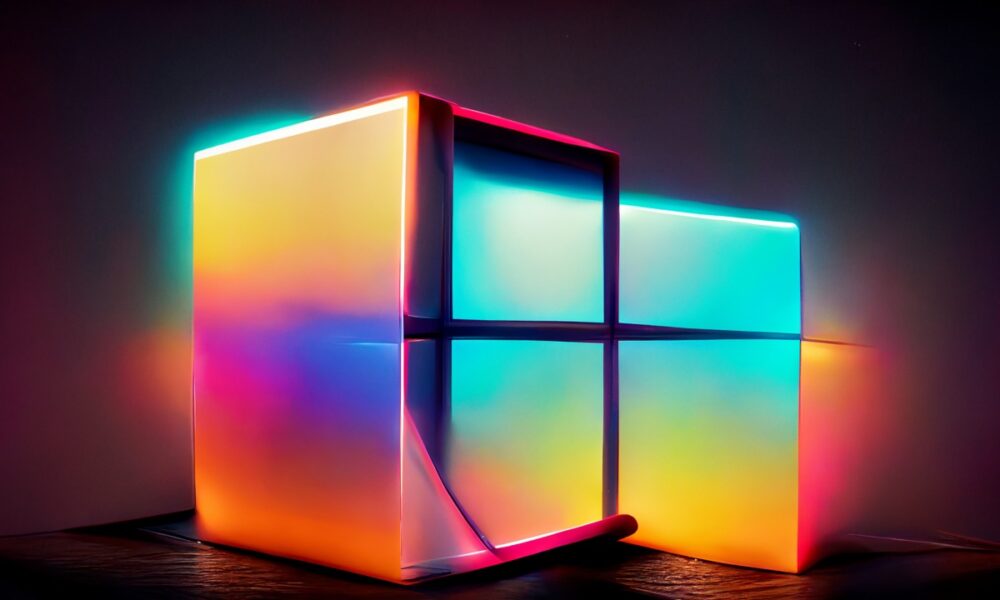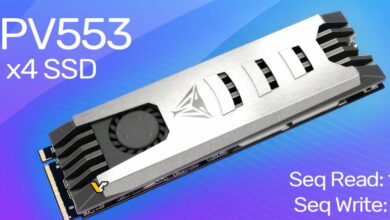
The artificial intelligence fever does not cease outside, but especially within Microsoft, its products and services. The last, desktop effects for windows 11 created using this technology. Of course, for the moment it is an initiative in the making that is not even clear that it will come to fruition. But when the river sounds…
And it is that the river of artificial intelligence applied to consumer technology has been playing for a long time now, with the software giant as one of its strongest supporters of some dates to this part. It’s not just ChatGPT on Bing: the company has released a million dollars to OpenAI, the firm under which ChatGPT is developed, to integrate it into everything that is left. Literally: Bing, but also Office, Windows, Azure… The sky is the limit, you could say.
However, this news is of a different kind, since it is not about implementing an assistant -in the end, almost all the solutions based on AI that Microsoft is deploying are broadly described in those terms-, but about equipping the Windows desktop of a sort of advanced effects based on artificial intelligence, Yeah. Or that’s what they claim to have discovered in one of the latest development builds of the system.
According to the story, curious users would have found references such as «Depth Effects», «Parallax Background» or «Wallpaper Motion»; or what is the same, references to depth effects and desktop animation, attending to the names, similar to a certain extent to those that can be seen on mobile phones. In fact, there are already samples of it in Windows 11, where there are examples of the Parallax effect, the one that reacts to the movement of the device.
At the moment, yes, these are only mentions that no one has been able to prove so far and that, most likely, have little scope for common users of the Microsoft operating system in the short and even medium term, and that is that even when they become desktop features, it is already noted that they will not be available to everyone… for purely technical reasons: the old x86 architecture is not prepared for such boasts.
Be that as it may, this is another clue as to where the Redmonds are looking: just yesterday we elaborated on a Windows 12 that could be intelligent and although it all sounds interesting, it is also a bit excessive. At this rate, sooner rather than later we will see a WinAI appear and that is over. Or maybe, as is happening with the Metaverse, it’s all much more raw than it seems.


